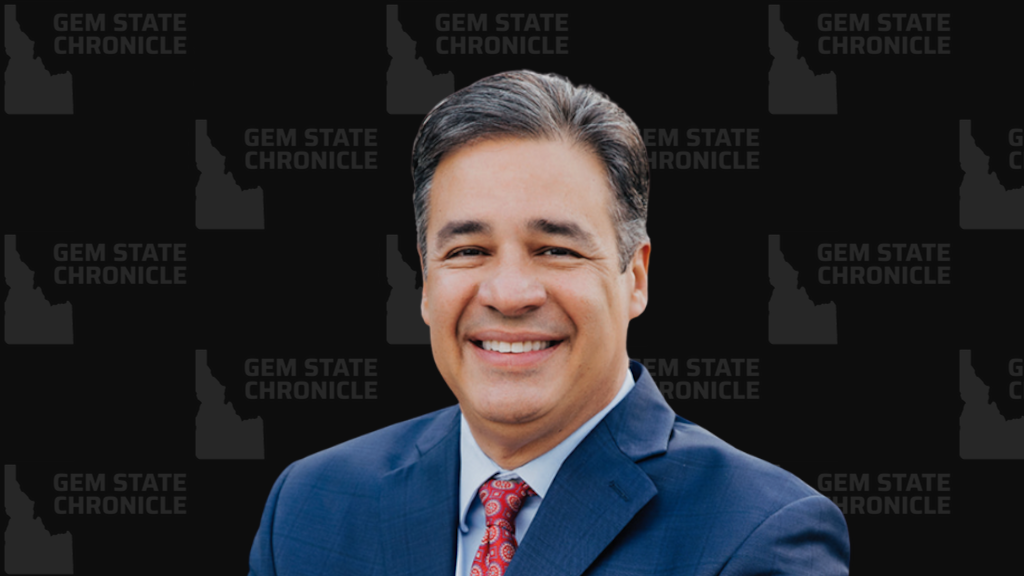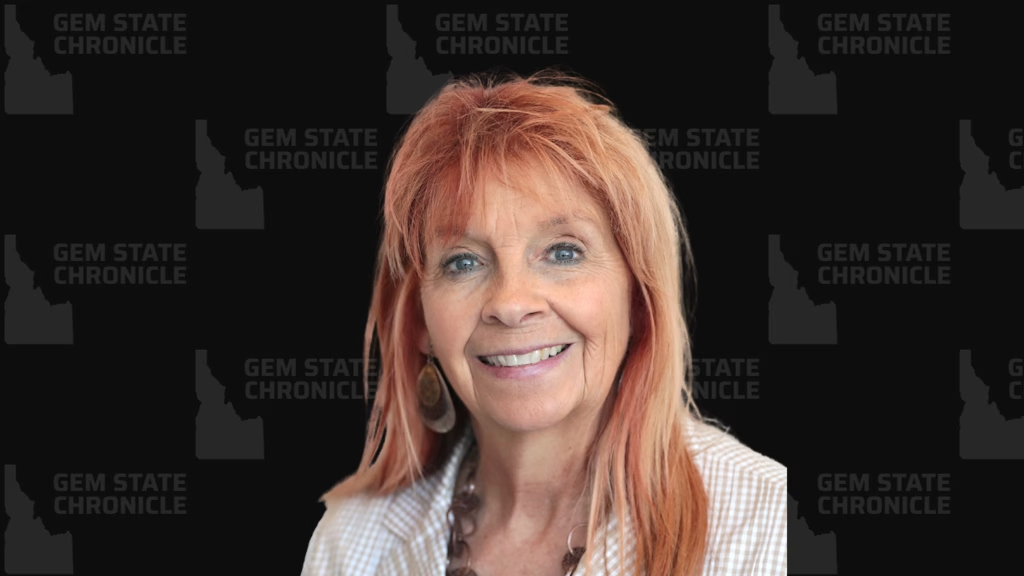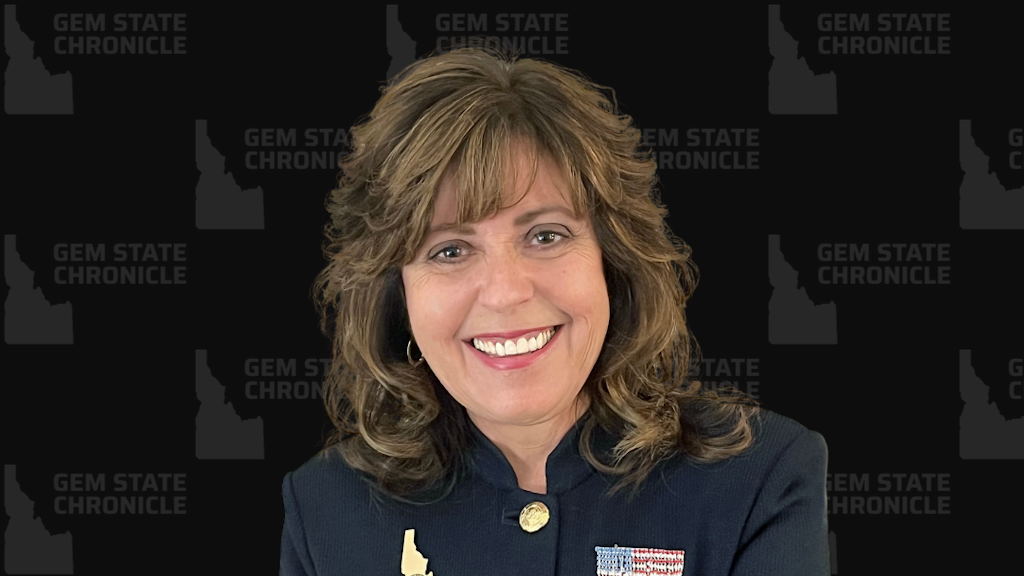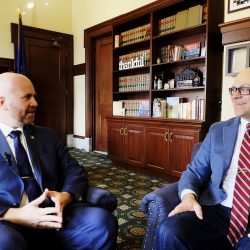By Attorney General Raúl Labrador
Dear Friends,
For years, even before I became Attorney General, I’ve traveled the state meeting with Idahoans at county fairs, coffee shops, and kitchen tables. One question I am almost always asked now is “What exactly does the Attorney General do?”
It’s a fair question. Most people are rightly focused on their jobs, their families, and their communities. When politics comes up, they think about Congress, the President, the Governor, people whose jobs are easier to picture. But the Attorney General? That one’s a bit fuzzier.
So I thought I’d take this opportunity to write you a bit longer of a newsletter and explain what my office does and how we fight to protect Idaho families and defend our laws every day.
Simply put, the Attorney General is Idaho’s chief legal officer. That means we represent the state in court. Every day, my deputies are in courtrooms across Idaho and the country representing state agencies like the Department of Labor, Idaho State Police, and dozens of others. We handle criminal appeals when convicted criminals challenge their sentences. We investigate and prosecute internet crimes against children. We help consumers resolve disputes with businesses. And when Idaho’s laws are challenged by activists or the federal government oversteps its authority, we fight back. Let me walk you through what some of those responsibilities look like in practice.
The Everyday Work: Representing the State
Most of what my office does never makes headlines, but it’s essential to how state government functions. When a state agency gets sued, we defend it. When a criminal appeals his conviction, we argue the case before the appellate court.
This work doesn’t generate press releases, but it matters. It’s how we ensure state government operates within the law and how we protect the interests of Idaho taxpayers when the state is in court. The bulk of my office’s time goes to this quiet, essential work of being the state’s law firm.
Defending Idaho’s Laws
But there’s another side to the job that generates more attention, and for good reason. Some believe the Attorney General should simply serve the bureaucracy, rubber-stamping agency decisions and staying out of controversial fights. I fundamentally reject that view. My job is to defend the laws passed by your elected representatives, even when activists, the media, or federal bureaucrats don’t like those laws. The voice of Idaho’s people, expressed through our Legislature, deserves a vigorous defense.
Here’s how that works, and here’s what most people don’t realize. When Idaho’s Legislature passes a law, those laws are often challenged in court—sometimes one statute or issue might bring multiple suits at once. The legal battles never really end.
Take Idaho’s Defense of Life Act as an example. The Biden Administration sued us over this law. We fought them up to the Supreme Court before the Court sent the case back to the lower courts, leaving Idaho’s law largely intact. When the Trump Administration’s Department of Justice dismissed that lawsuit, it felt like a victory. And it was. But St. Luke’s Health System filed a new lawsuit challenging the same law in January before Trump was sworn in. We’re still litigating that case right now, in front of the same federal judge who originally blocked our law.
This same pattern plays out on nearly every major issue. We’re defending Idaho’s pro-life laws, protecting girls’ sports, and defending parental rights among many others. One headline might announce a legal victory, but the work continues behind the scenes, case after case, appeal after appeal. Passing good laws is only half the battle. Defending them in court, over and over, is the other half. That’s the reality of the job.
Why We Fight in Other States’ Courts
Idaho’s legal fights don’t end at our borders. We regularly join coalitions with other attorneys general for two main reasons: to stop bad legal precedents before they spread to Idaho, and to push back against federal overreach.
Activist groups test their legal strategies across the country, looking for sympathetic judges and favorable rulings. When they win somewhere else, they bring those victories to Idaho and argue our courts should follow that precedent. At the same time, the federal government often tramples state sovereignty through unlawful policies that affect every state, not just one. Fighting back requires coordination.
Over the past two and a half years, my office has joined dozens of multi-state coalitions. We joined lawsuits to stop the Biden Administration’s unlawful immigration policies. We partnered with Texas in defending its sovereign right to secure its own border. We’ve joined coalitions defending the Trump Administration’s authority to enforce federal immigration law against sanctuary policies. We’ve fought alongside other states to protect the Second Amendment, defend religious liberty, and stop federal agencies from exceeding their authority.
We fight these battles alongside other states because what happens in their courts today could become the fight in our courts tomorrow. And when the federal government oversteps its authority, we fight back for our state sovereignty and to keep Idaho, Idaho.
Where We Have Direct Authority: Protecting Children
Beyond the courtroom battles over Idaho’s laws and the coalition work to prevent bad precedent, the Legislature has also given my office direct law enforcement authority to investigate and prosecute internet crimes against children. This is a different kind of fight, but it’s just as important in protecting Idaho families. And it’s a clear example of what happens when the Legislature grants specific authority and we use it aggressively.
When I took office, we faced a backlog of more than 1,400 tips and learned that the office wasn’t prosecuting these cases despite a legislative mandate to do so. We reformed the structure, hired additional personnel with legislative support, and now review new tips within 24 hours. Last year alone, we made 55 arrests related to internet crimes against children. More than the previous three years combined and we’ve already broken that record for 2025 and counting. These are results you can measure, and they’re only possible because the Legislature gave us clear authority and the resources to act.
What We Don’t Do
With all this talk about what we do, it’s important to clarify what we don’t do. I am not your personal lawyer. My office cannot intervene in private disputes, represent individuals in civil cases, or override decisions made by local prosecutors and judges. The Attorney General represents the state, not individual citizens in their personal legal matters.
We also can’t investigate or prosecute most crimes. That authority belongs to your county prosecutor and local law enforcement. We only step in where the Legislature has specifically given us that authority, like with internet crimes against children. Understanding these limits is just as important as understanding our responsibilities.
The Work Continues
The Attorney General’s office isn’t always flashy. Most of our work happens in courtrooms and legal briefs, in coalition letters and case filings that never make headlines.
But here’s what it all comes down to: protecting Idaho families. Every law we defend was passed to protect children, preserve parental rights, or safeguard the freedoms that matter to Idahoans. My job is to make sure those laws stand, no matter how many lawsuits activists file or how much pressure the federal government applies.
That’s the job. And it’s an honor to do it for Idaho families.
Best regards,

About Raúl Labrador
Raúl Labrador is the 33rd Attorney General of Idaho. The Office of the Attorney General provides legal representation for the State of Idaho. This representation is furnished to state agencies, offices and boards in the furtherance of the state's legal interests. The office is part of state government’s executive branch and its duties are laid out in the Idaho Constitution.













